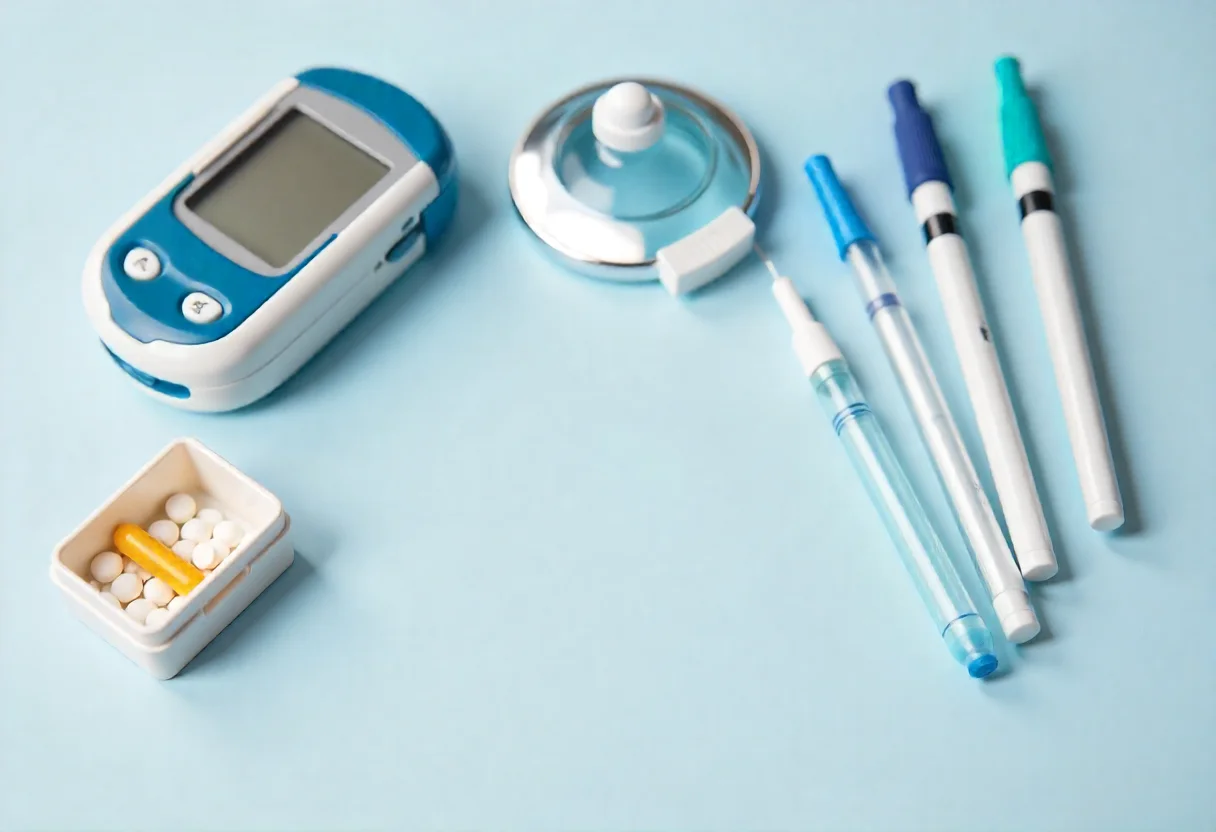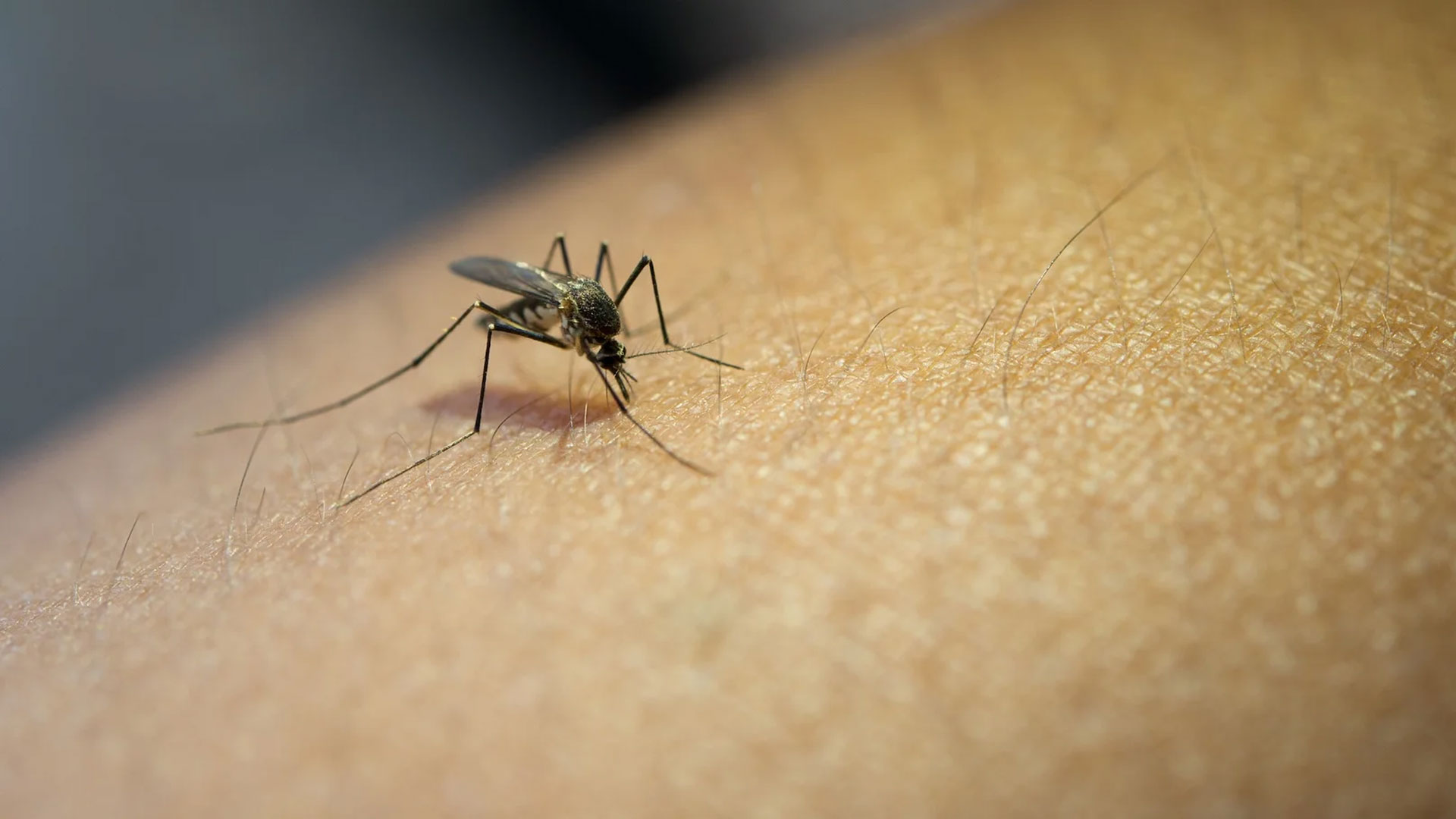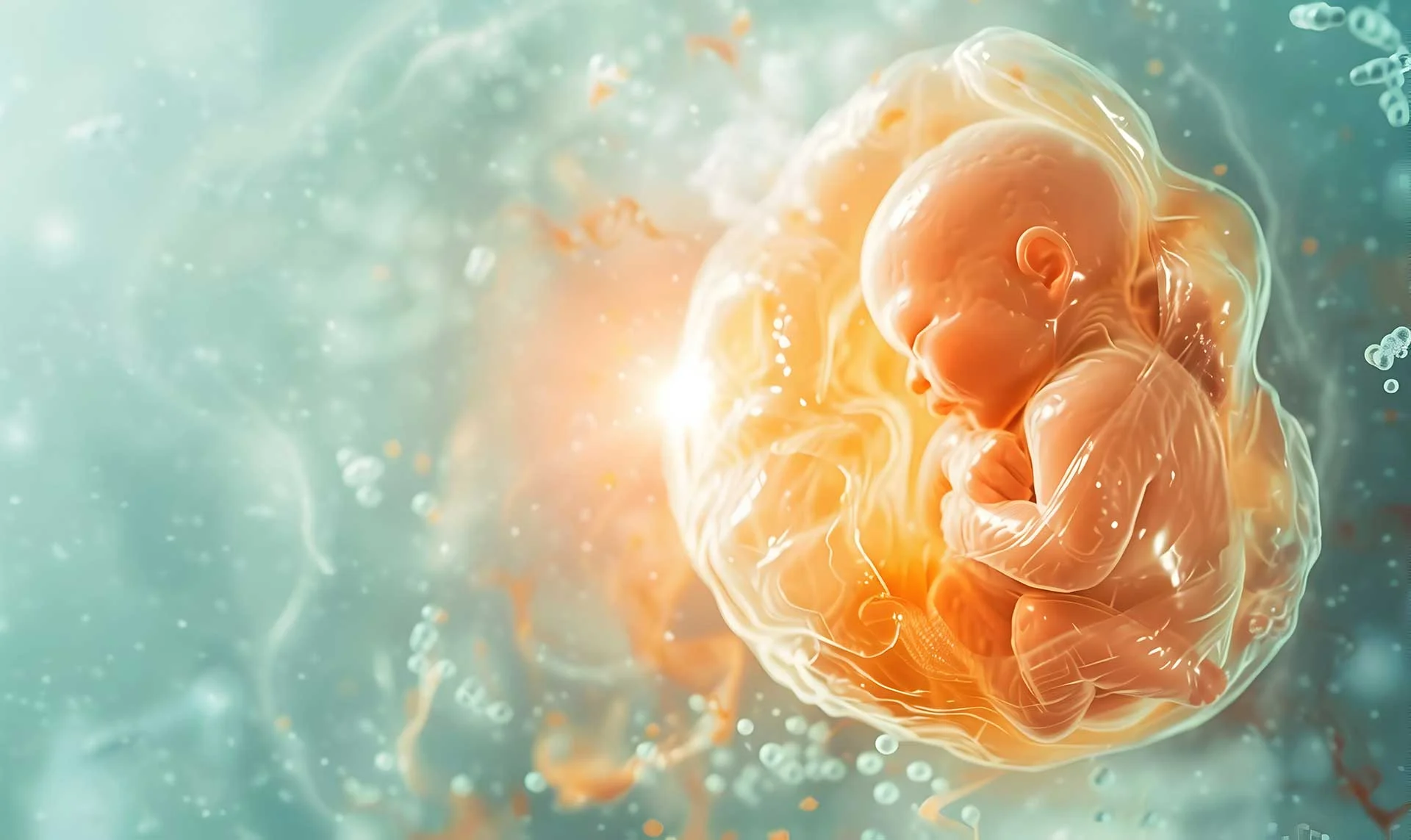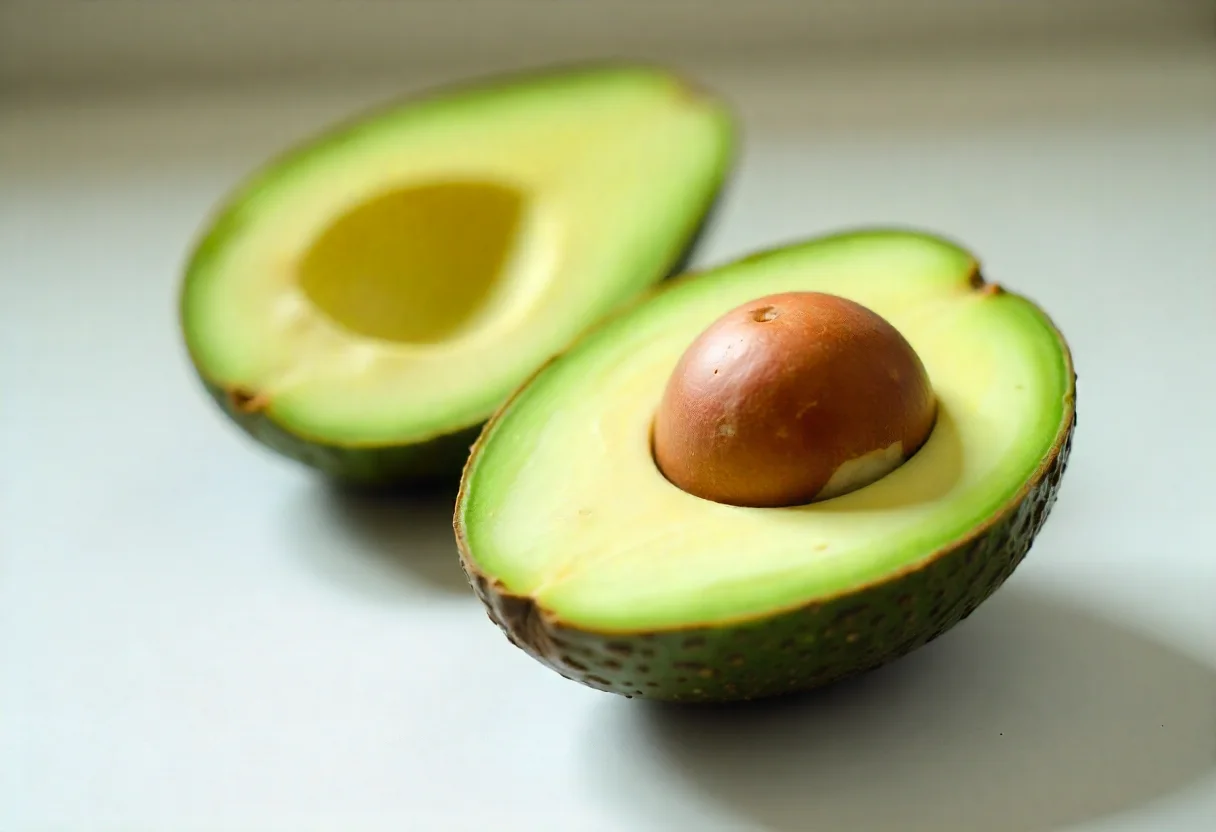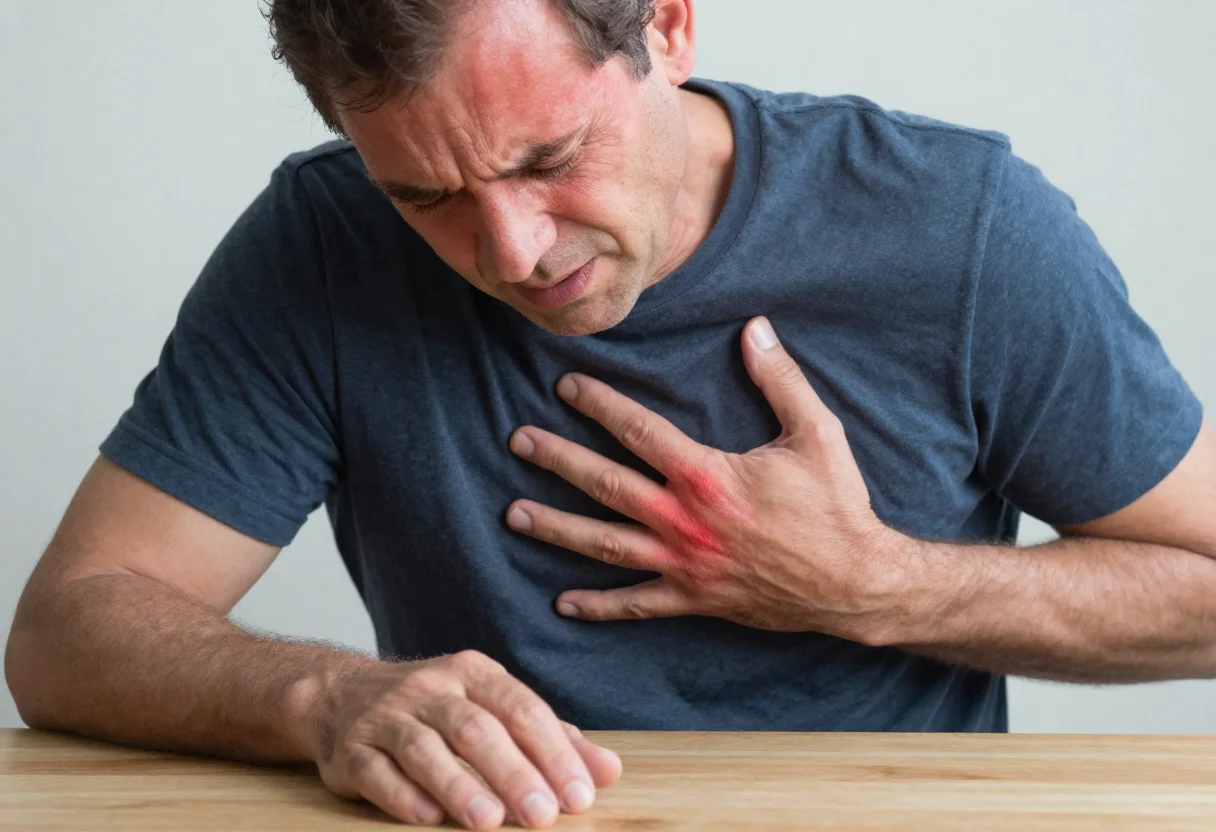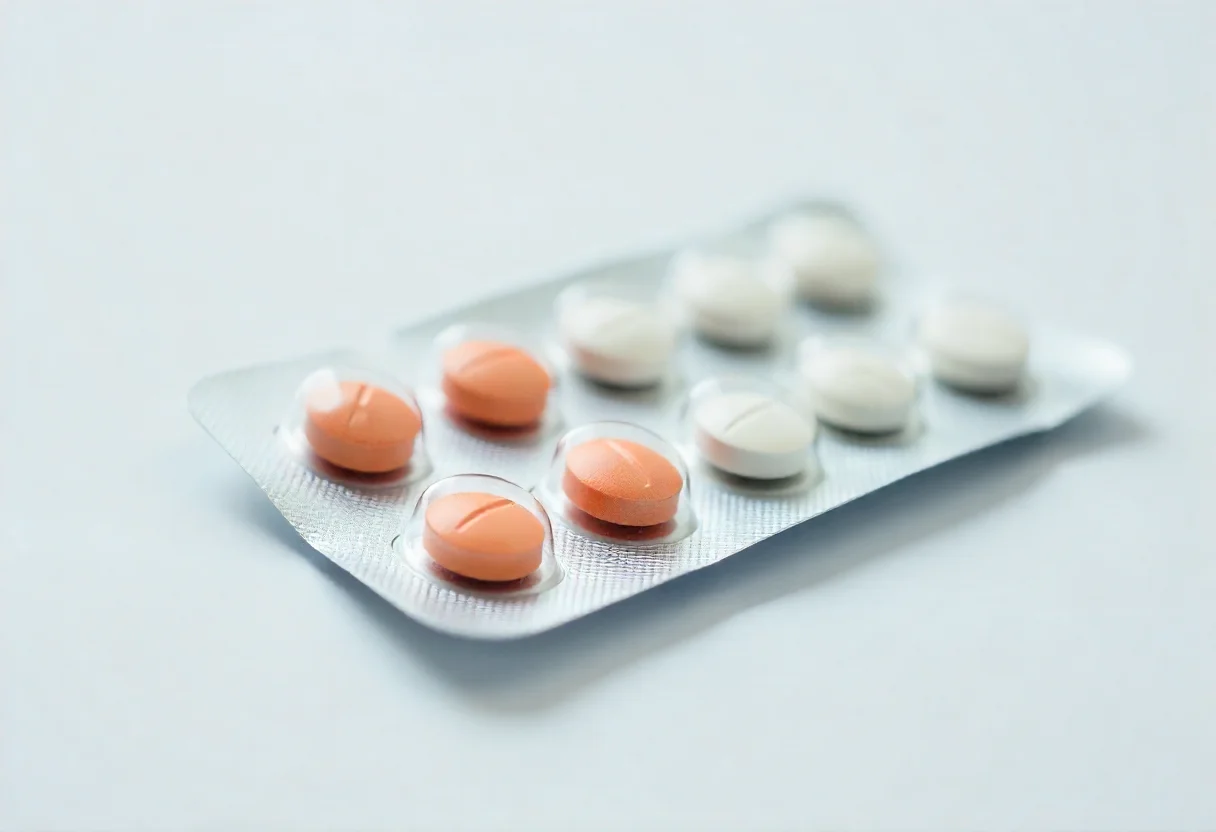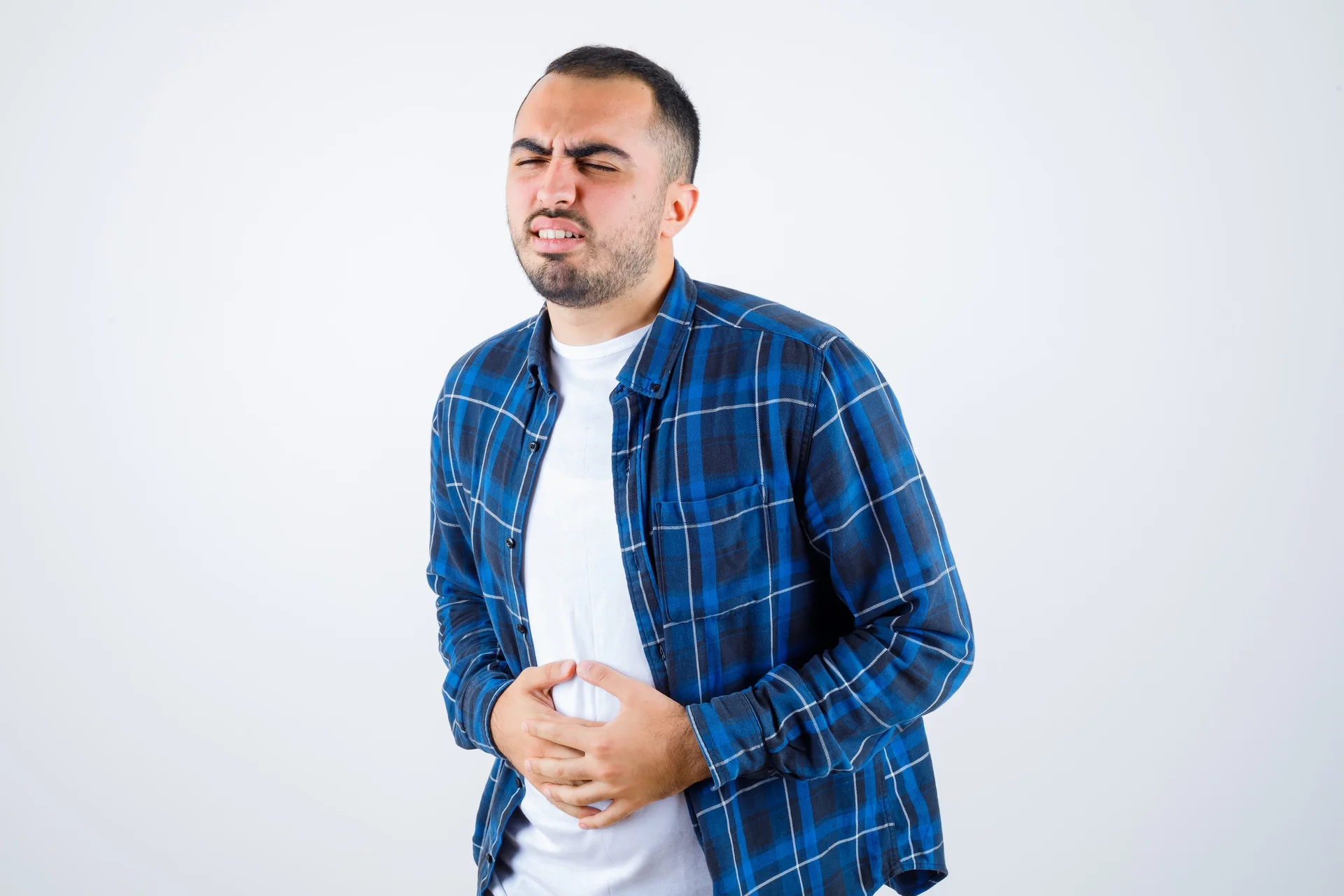
The stomach is an important organ of our gastrointestinal system located in the upper left part of the body, under the diaphram. The basic functions of the stomach are: the storage of nutrients, mechanical digestion, chemical digestion, killing microbes, absorption of vitamin B12, hormone secretion.
The stomach temporarily stores food, mixes food with its muscular structure and breaks it into small pieces, and breaks down proteins with the help of stomach acid (HCl) and enzymes (pepsin). This acidic environment also protects the body against harmful microorganisms. It plays a role in the body's hunger and satiety mechanism with the ghrelin hormone it produces, while regulating digestion with the gastrin hormone.
- Mucus and bicarbonate layer: The thick mucus layer that lines the inner wall of the stomach prevents acid from directly contacting the stomach cells. This mucus contains bicarbonate ions. Bicarbonate ions act as a buffer against acid.
- Tight Cellular Junctions: There are tight junctions between the stomach epithelial cells. This prevents acid from reaching deeper layers.
- Rapid Cellular Renewal: Stomach epithelial cells are replaced approximately every 35 days. Damaged or acid-exposed cells are quickly shed and new cells are produced.
- Prostaglandin effect: Prostaglandin increases blood flow in the stomach and supports mucus production. If this substance is suppressed (e.g., non-steroidal anti-inflammatory drugs, which are frequently used in the treatment of pain and rheumatic diseases (NSAIDs) reduce prostaglandin synthesis), the stomach's defense mechanism may be weakened.
Gastritis is an inflammation of the stomach mucosa. It can occur when the protective mucus layer of the stomach is damaged by various factors or when the mucosa layer is damaged as a result of increased stomach acid. Gastritis can occur in two forms: acute (suddenly developing) or chronic (slowly developing over time).
Causes:
- Bacterial Infections: The bacteria Helicobacter pylori (H. pylori) is one of the most common causes of the infection. H. pylori produces the urease enzyme, which damages the protective mucosal layer of the stomach. The damage caused by this enzyme causes gastric acid to irritate and inflame the stomach lining.
- Frequent use of analgesics (painkillers): These drugs, called nonsteroidal anti-inflammatory drugs (NSAIDs), inhibit the COX-1 and COX-2 enzymes (cyclooxygenase-1 and cyclooxygenase-2 enzymes) responsible for prostaglandin synthesis. Prostaglandin plays a protective role on the stomach by ensuring the production of mucus and bicarbonate ions. This protective mechanism is damaged in patients who use NSAIDs for a long time.
- Excessive alcohol consumption: Alcohol, which has an irritating effect on the stomach mucosa, causes damage to the cells in the stomach mucosa.
- Radiation exposure: Radiation therapy for cancer is a risk factor for gastritis.
- Autoimmune gastritis: A condition in which the body's antibodies damage the stomach lining. Autoimmune gastritis can be associated with other autoimmune diseases, such as Hashimoto's disease and type 1 diabetes.
Symptoms:
-
Epigastric (the area between the navel and the chest wall) pain and discomfort
-
Heartburn
-
Nausea and vomiting
-
Bloating in the stomach
-
Loss of appetite
-
Desire to belch
Complications of Gastritis:
If gastritis is not treated, it can lead to various complications. The main complications are as follows:
- Peptic ulcer (Stomach or Duodenum Ulcer): It is the formation of wounds due to the disruption of the integrity of the mucosa.
- Gastrointestinal bleeding: If the erosion or ulcer deepens, bleeding may develop in the inner surface of the stomach.
- Pernicious Anemia (Vitamin B12 Deficiency Anemia): Gastritis can cause the destruction of the cells lining the stomach body and stomach fundus, causing vitamin B12 deficiency and pernicious anemia.
- Gastric Cancer (adenocarcinoma): Gastric epithelium damaged by H. pylori can turn into gastric adenocarcinoma.
- Gastric Perforation (perforation)
- Pyloric Stenosis (Gastric Narrowing)
Drug Therapy:
Eliminating (eradicating) H. pylori is the cornerstone of treatment for patients with H. pylori-induced gastritis, as it can lead to more serious consequences such as peptic ulcers and stomach cancer. The drugs used in the treatment of gastritis can be listed as follows:
- Proton Pump Inhibitors (PPIs): Proton pump inhibitors such as omeprazole, lansoprazole, pantoprazole, esomeprazole, and rabeprazole are a class of drugs that reduce the amount of acid produced by your stomach. PPIs are more effective when parietal cells are stimulated to secrete acid. For this reason, they should be taken before eating.
- Antibiotics: The antibiotics clarithromycin, amoxicillin, metronidazole are prescribed in combination usually with a proton pump inhibitor.
- Bismuth Subsalicylate: This compound has both antibacterial and stomach-protective properties.
- H2- Receptor Antagonists: This class of drugs, which includes drugs such as, such as famotidine, ranitidine, and cimetidine, blocks the effect of histamine on H2 receptors in parietal cells in the stomach, and reduces gastric acid production.
- Antacids and Sucralfate: Antacids provide short-term relief by neutralizing stomach acid. However, they do not play an important role in mucosal healing. Sucralfate, on the other hand, helps improve symptoms and repair damaged tissue by creating a protective barrier on the damaged mucosa.
Prevention of disease:
Nutritional Support and Diet:
Acquisition of nutritional habits refers to the individual's ability to maintain physical health by consciously adjusting their eating habits and food intake according to the body's needs and preferences while avoiding bad eating habits.
- Eating at regular intervals: It is an important way to initiate regular peristalsis (movements) in the stomach and thus effectively prevent excessive fatigue of the gastric mucosa.
- Consuming smaller and more frequent meals: It is an effective nutrition method that not only reduces the burden of a single meal on the stomach but also helps to stabilize blood sugar levels.
- Food hygiene: Food hygiene is very important in preventing gastritis and stomach ulcers. It is necessary to minimize the bacteria, pesticides ((toxic (poisonous) chemical compounds used in agricultural production) and other harmful substances that may enter the body through food by ensuring food cleanliness. For example, fruits and vegetables should be washed with plenty of water, and carbonated water should be preferred to reduce the pesticide content. Food should be stored in dry and hygienic environments.
- Protein intake: Protein is an important component of body cells and plays an important role in the repair and renewal of gastric mucosa cells. Thus, it can alleviate the symptoms of gastritis and stomach ulcers. Protein-rich foods should be added to the diet list.
- Avoid irritating foods: Gastritis patients should avoid foods that will irritate the gastric mucosa.
- Acidic drinks
- Spicy foods
- Acidic foods such as citrus or tomatoes
- Fatty or fried foods
- Caffeine-containing beverages
NOTE: Unnecessary and frequent NSAID medication should be avoided. Care should be taken not to consume excessive alcohol.
den Hollander WJ, Kuipers EJ. Current pharmacotherapy options for gastritis. (2012). https://pubmed.ncbi.nlm.nih.gov/23167300/
Rasheed SAA, et al. Gastritis: Etiology, Pathophysiology, Diagnosis, and Management. (2025). https://www.researchgate.net/publication/389562588_Gastritis_Etiology_Pathophysiology_Diagnosis_and_Management
Kouromalis E, et al. Helicobacter pylori and gastric cancer: a critical approach to who really needs eradication. (2024). https://www.explorationpub.com/Journals/edd/Article/100543
Jaiswal F, et al. PEPTIC ULCER: A REVIEW ON ETIOLOGY, PATHOGENESIS AND TREATMENT (2021). https://www.researchgate.net/publication/355184341_PEPTIC_ULCER_A_REVIEW_ON_ETIOLOGY_PATHOGENESIS_AND_TREATMENT
Kim YJ, et al. Progression from Chronic Atrophic Gastritis to Gastric Cancer; Tangle, Toggle, Tackle with Korea Red Ginseng. (2010). https://pubmed.ncbi.nlm.nih.gov/20490314/
Aijing al. Progress of Research on the Effect of Dietary Care on Patients with Gastritis and Gastric Ulcers. (2024). https://www.researchgate.net/publication/379064963_Progress_of_Research_on_the_Effect_of_Dietary_Care_on_Patients_with_Gastritis_and_Gastric_Ulcers
Zatyka P, et al. Vitamin B12 (cobalamin) deficiency in gastroenterological diseases-review. (2024). https://www.researchgate.net/publication/382907178_Vitamin_B12_cobalamin_deficiency_in_gastroenterological_diseases_-_review
Ankar A, Kumar A. Vitamin B12 Deficiency. (2024). https://www.ncbi.nlm.nih.gov/books/NBK441923/


